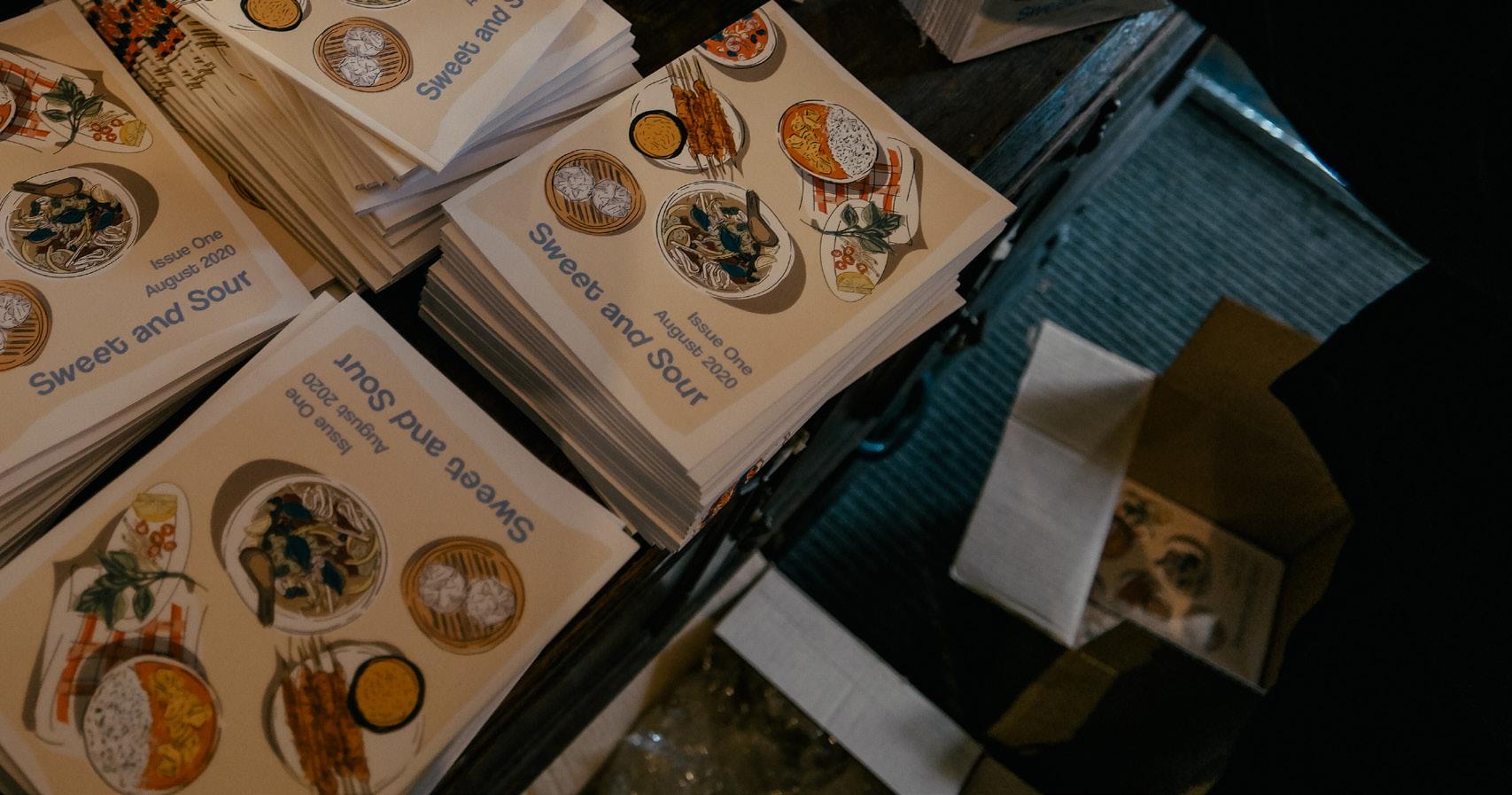ARTWORK: Maddy Brown
What Does It Mean Going to University on Stolen Land? By Anushri Goswami
How aware are you? The ANU operates on the stolen lands of the Nngunnawal and Ngambri people. Have you ever thought about the fact that you live, study and work on stolen land? A land where sovereignty has never been ceded? When you go to class and learn through a predominately white Settler gaze, how aware are you that you do so where complex First Nations social and political systems were in place for thousands of years on land beneath your feet? What are you going to do about it? As you progress through your degree at the ANU, are you also educating yourself in ways you may be complicit in the oppression of First Nations people today? As you learn to critically analyse and speak up, are you also amplifying the voices of Indigenous people? You are and will always be living on stolen land. What are you going to do about it? Here’s a great place to start. Read and listen to Indigenous authors.
Ambelin Kwaymullina is an Aboriginal writer and illustrator from the Palyku people of the Pilbara region. She has written a book, Living on Stolen Land, which is an exploration on how Settlers can respect the Indigenous sovereignties around them and take meaningful action. This is a short extract from one of Kwaymullina’s poems: “Settler-colonialism is a serial violator of indigenous boundaries Of lands bodies hearts minds.... Listening means learning to hear the noise of settler-colonialism inside your head and all around you so you can hear past it to understand our voices on our own terms”
33.























